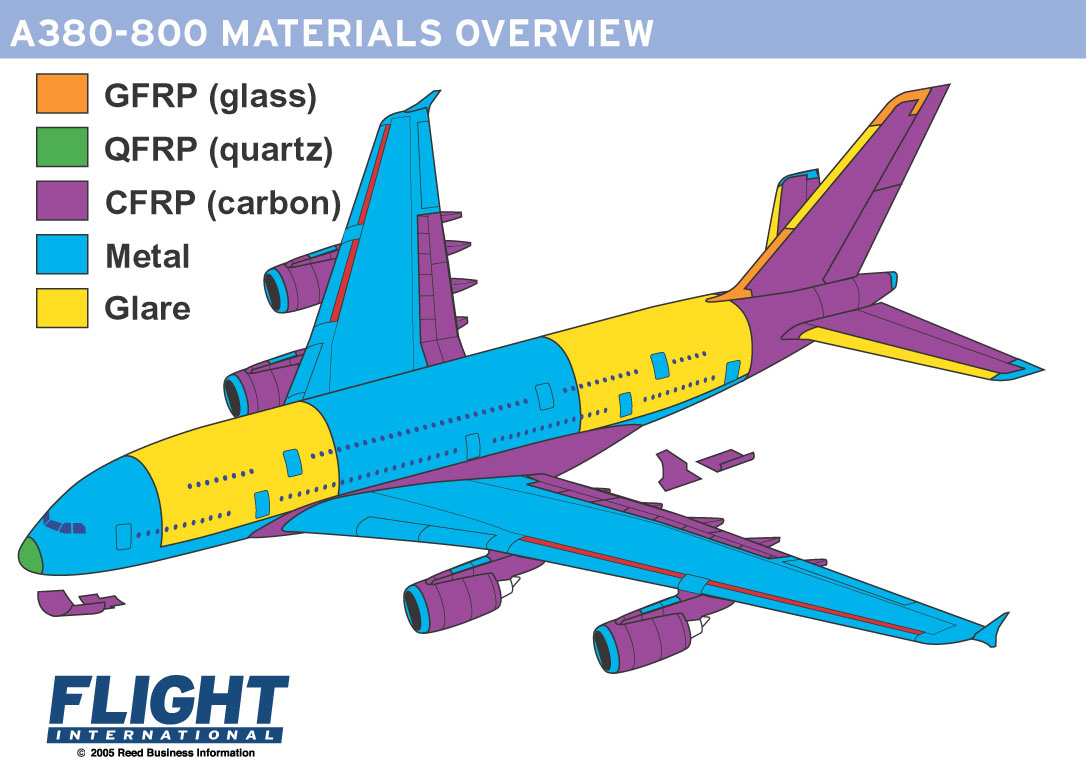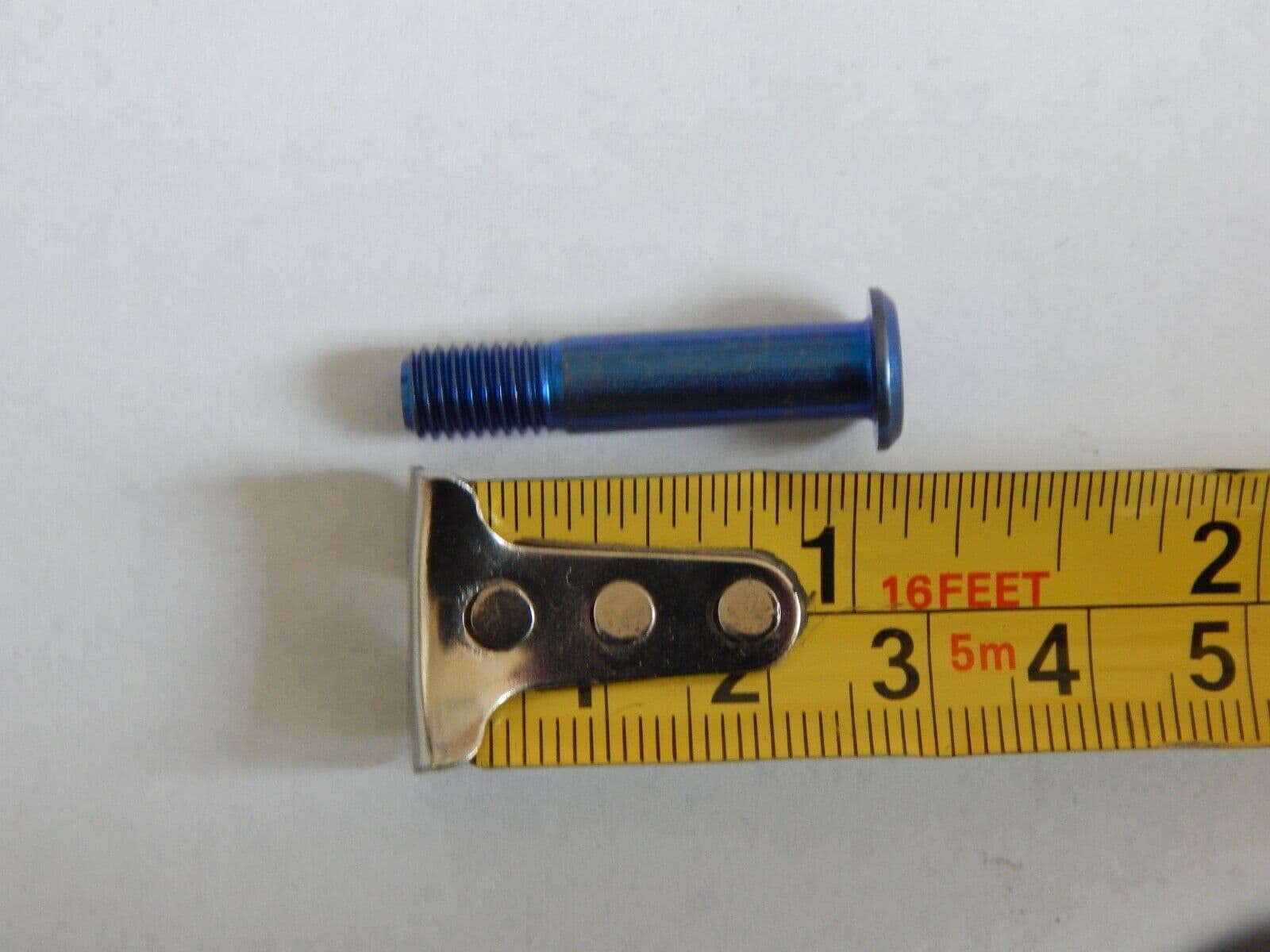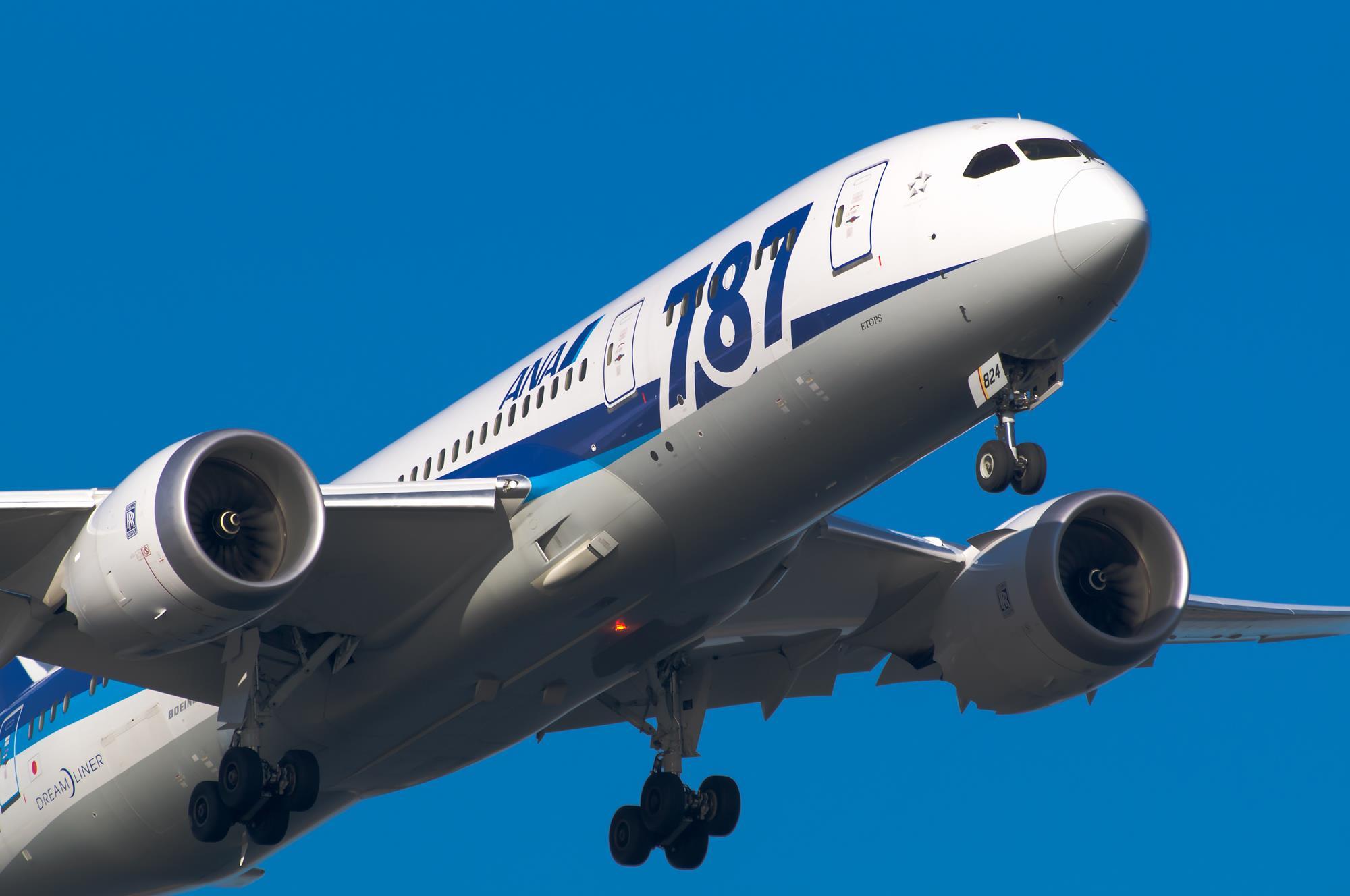Titanium Aircraft - Alcoa has signed a multi-year agreement to supply Airbus with value-added titanium and aluminum aerospace components for Airbus aircraft, including Airbus' mono-fuel aircraft, the A320neo (pictured). (Picture: Commercial Channel)
NEW YORK & CLEVELAND--( BUSINESS WIRE )--Alcoa (NYSE: AA ) has signed a multi-year, $110 million deal with Airbus Supply agreements for value-added titanium and aerospace aluminum. Alcoa will produce the parts on a state-of-the-art 50,000,000-ton machine in Cleveland, Ohio. This machine uses advanced controls to accommodate the strongest workpieces and has the unique ability to produce the world's largest and largest titanium, nickel, steel and aluminum alloys.
Titanium Aircraft

"Our highly sophisticated product development expertise, long history in space, and the unrivaled capacity of our 50,000,000-ton press make Alcoa a unique company offering high-quality solutions for advanced aircraft," said Olivier and Olivier Jarrault, executive vice presidents. President, Products and Solutions, Alcoa Group. "This agreement strengthens our longstanding relationship as we continue to work together with Airbus to grow the industry and the best products."
Drdo Develops High Strength Beta Titanium Alloy
Alcoa will supply titanium components for Airbus' A320neo mono-fuel aircraft, including bearings used to connect the wing structure to the engine. The deal also includes several large aluminum components for the A330 and A380 - including the A380's front and rear fuselages, the world's largest - to be made using Alcoa's 7085 alloy, The alloy is designed for components of large aircraft. Many of these forget to support the shape of the wing that gravity is critical to flight.
In 2012, Alcoa signed a multi-year agreement with Airbus to sell Alcoa's aluminum aerospace products, plate and other products using Alcoa's advanced, advanced and advanced lithium-aluminum products. The deal was not disclosed, but it was worth $1.4 billion. In addition to sheets, plates, castings and castings, Alcoa's specialty metal clamping and structural castings are also used on Airbus aircraft.
Because of its deep technical expertise and broad range of materials, Alcoa has been at the forefront of every major innovation in the history of aerospace, where materials, shapes and designs work together to deliver the best results for customers. Alcoa's aerospace business had revenue of $3.8 billion in 2012. The company has market-leading positions in aerospace, propulsion, wing and accessory systems manufactured by its core business Manufacturing and Solutions (EPS), and aircraft sheet and plate products by its core business, Global Rolled Products (GRP). In Q1 2013, EPS and GRP (Alcoa's value-added business) accounted for 57% of Alcoa's total revenue and 79% of segment after-tax income (ATOI).
Alcoa is the world's largest producer of primary and secondary aluminum and the world's largest miner of bauxite and alumina processing. Over the past 125 years, in addition to creating the modern aluminum industry, Alcoa's innovations have driven major developments in the aerospace, automotive, packaging, building and construction, commercial transportation, electronics and industrial markets. Alcoa's product portfolio includes round products, composite products and forgings, as well as Alcoa® wheels, locking systems, sorting and investment and building systems, in addition to its expertise in other soft metals such as titanium and nickel based superalloys . Sustainability is an integral part of Alcoa's operations and the manufacture of products and technologies it provides to customers. Alcoa has been named to the Dow Jones Sustainability Index for 12 consecutive years and approximately 75% of the aluminum produced since 1888 is still in use today. Alcoa has approximately 61,000,000 employees in 30 countries around the world. For more information, visit www.alcoa.com and follow @Alcoa on Twitter: twitter.com/Alcoa. While Russia primarily exports oil, gas and metals, one market it has a significant presence in is titanium and titanium. Many people are becoming aware of the potential consequences of long-term exposure to these powerful substances.
North American Xb 70 Valkyrie Honeycomb Laminate Titanium Skin Relic D
Titanium and titanium alloys have special properties: they are heavy and have a very high strength-to-weight ratio. They are usually about 60% as dense as steel. It can withstand high temperatures and has high corrosion resistance. These properties make this steel widely used in the aerospace industry, chemical and pumping vessels, power plant components, the chemical industry, and medical applications such as implants and surgery. Titanium alloys are also used in sports equipment such as golf club heads, winter sports equipment such as bicycles and sleds. By contrast, titanium dioxide is the main pigment in white paints and is also used in paper, plastics and cosmetics.
Titanium alloys are important in the design of aircraft and engines. Two unique features of the aircraft make it attractive to advanced aircraft such as the Boeing 787 and Airbus A350XWB. The first is that it is less likely to cause galvanic corrosion when combined with carbon fiber reinforced plastics (CFRP) such as body parts and wings or control surfaces. Galvanic corrosion occurs when two dissimilar metals join and electrons can flow causing the metals to corrode. The carbon fibers in CRFP conduct electricity, so combining with aluminum makes steel and other materials susceptible to corrosion. Titanium oil counteracts this. A second interesting property is that the coefficient of thermal expansion of titanium is very similar to that of carbon fiber reinforced plastics. This is important because the jets pass through extreme temperatures above the normal Sun. Titanium oil makes up about 15% of the weight of a Boeing 787 aircraft. In the Airbus A350XWB, about 14% are used for landing gear, pylons, accessories, revolving doors, frames and other parts.
Two minerals, ilmenite and rutile, are the main sources of titanium, with the former accounting for 90% of production. The first step is to transfer the metal to the titanium sponge. The United States, Russia, Kazakhstan, Ukraine, Japan and China all supply titanium sponge.

VSMPO-AVISMA Corporation is the world's largest supplier of titanium. It is located in Upper Sarda, Russia, about 800 kilometers east of Moscow and 550 kilometers from the border with Kazakhstan. It produces titanium sponge and makes it into ingots. These bars are also processed into billets or slabs. Receipts are produced in a variety of formats, including tebes, discs and rings, and forget-me-nots.
Titanium Turbine Blades Stock Photos
Forging is a manufacturing process that strengthens metals. It uses crushing force to match the grain structure of the metal to the shape of the part. This is usually done at high temperatures, depending on the type of metal being machined. Blacksmiths typically forge parts by striking molten iron with a hammer on an anvil. Large industrial parts are forged by massive machines that use tons of pressure, or the parts are pressed into compression dies. In the past, we have described the loss of much of America's steelmaking capacity as a severe shortage.
SVERDLOVSK REGION, RUSSIA - In the north of the city of Yekaterinburg, raw materials for forging are being loaded into ovens at a manufacturing plant. Donat Sorokin/TASS (Photo by Donat Sorokin/TASS via Getty Images)
Titanium is difficult to manufacture; it is difficult to mold through metal to get the image you want. Since titanium alloys are also difficult to fabricate, manufacturers tend to make them in "near-net" shapes.
, a nearly complete system to reduce processing time and cost. Air conditioning, especially for engine components, must be very reliable, so temperature and pressure must be carefully controlled during operation.
Titanium Alloys: Classification
The Boeing-VSMPO partnership, the Boeing-VSMPO Innovation Center, was established in 2000. Boeing also formed a joint venture, Ural Boeing Manufacturing, in 2009, where the VSMPO plant is located. The joint venture opened a second facility in 2018 dedicated to the further machining of titanium alloys for all Boeing commercial aircraft, including the 737 MAX, 787 and 777X.
VSMPO-AVISMA supplies the Airbus A350XWB with titanium fuselage through the Spanish company Aernnova Aerospace. Aernova builds the horizontal stabilizers in Getafe and Illescas, Spain, then ships them to Toulouse, France, where the final assembly line is located. Aernnova supplies all other Airbus systems, as well as key components for the Boeing 747-8, 787-9/10 and its large Dreamlifter cargo programme.
In 2019, 95% of titanium consumption in the United States was imported. Iluka Resources closed its Old Hickory mine in Virginia in 2016. Allegheny Technologies closed its titanium sponge plant in Raleigh, Utah, in 2016 because it could buy imported material at a lower price than domestic prices. And Timet, which operates the last titanium sponge plant in Henderson, Nevada, faces more layoffs in 2020. All of these businesses face cost pressures from international competition and suffer

Titanium aircraft parts, aircraft titanium, titanium alloys in aircraft, aircraft titanium rings, aircraft grade titanium, titanium used in aircraft, why is titanium used in aircraft, aircraft grade titanium rings, titanium alloys used in aircraft, use of titanium in aircraft, titanium aircraft bolts, titanium distributor
0 Comments